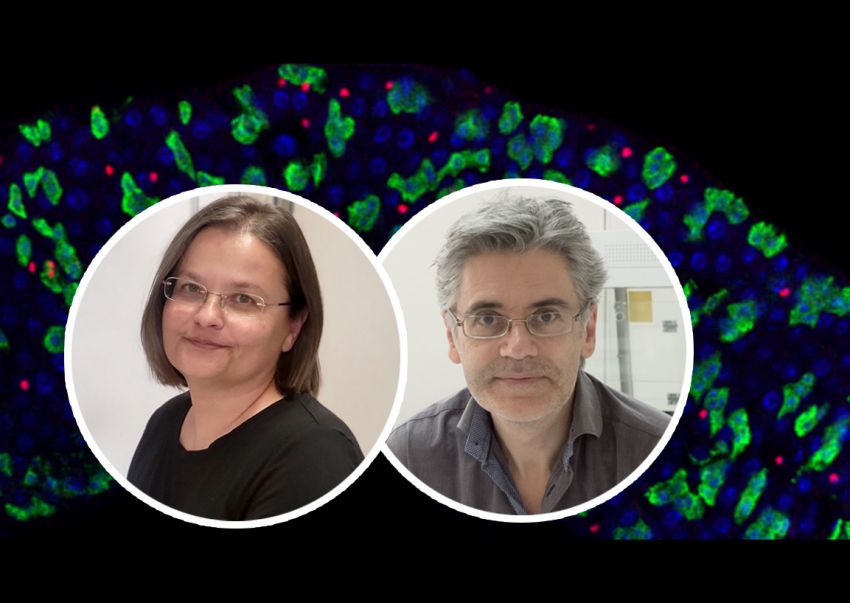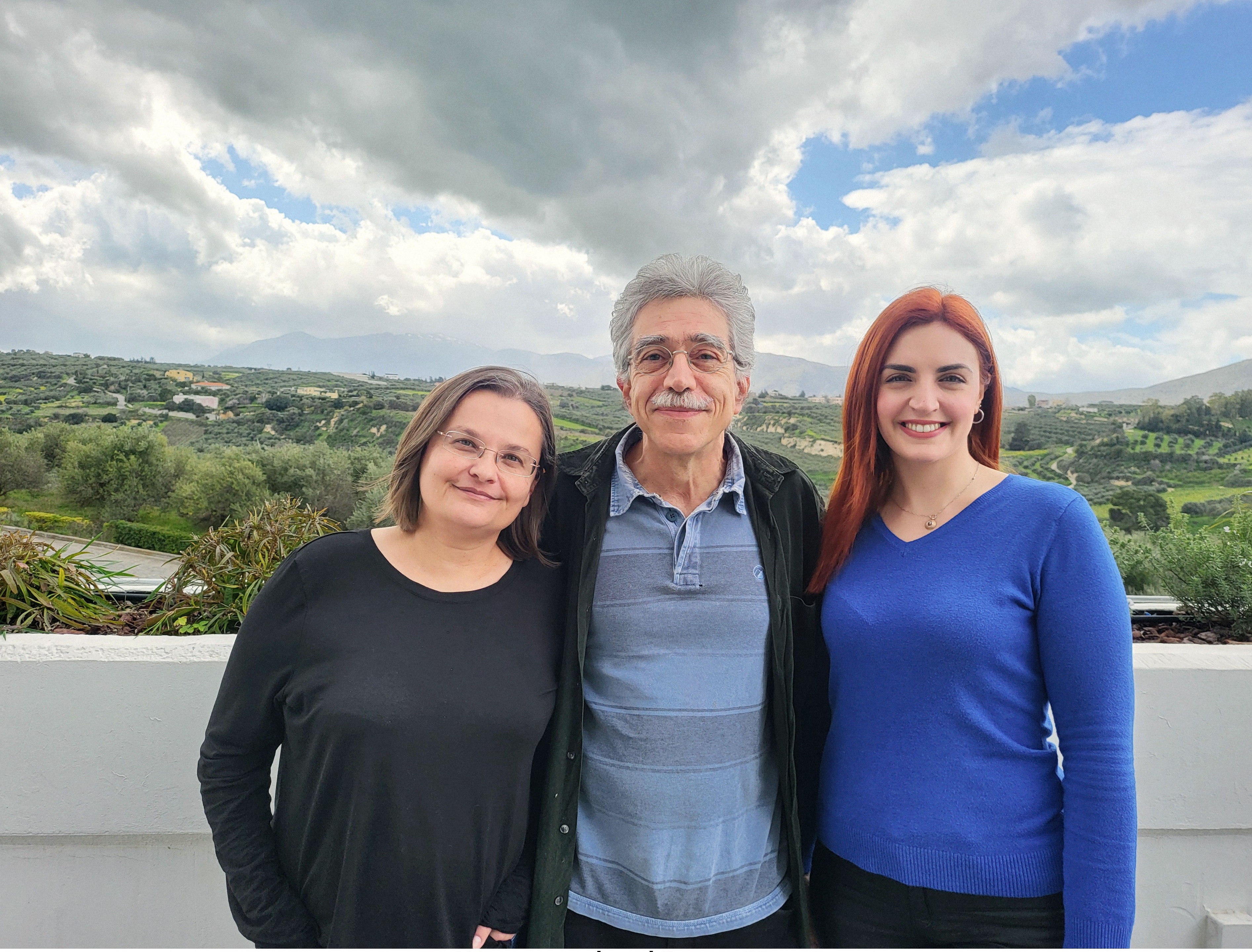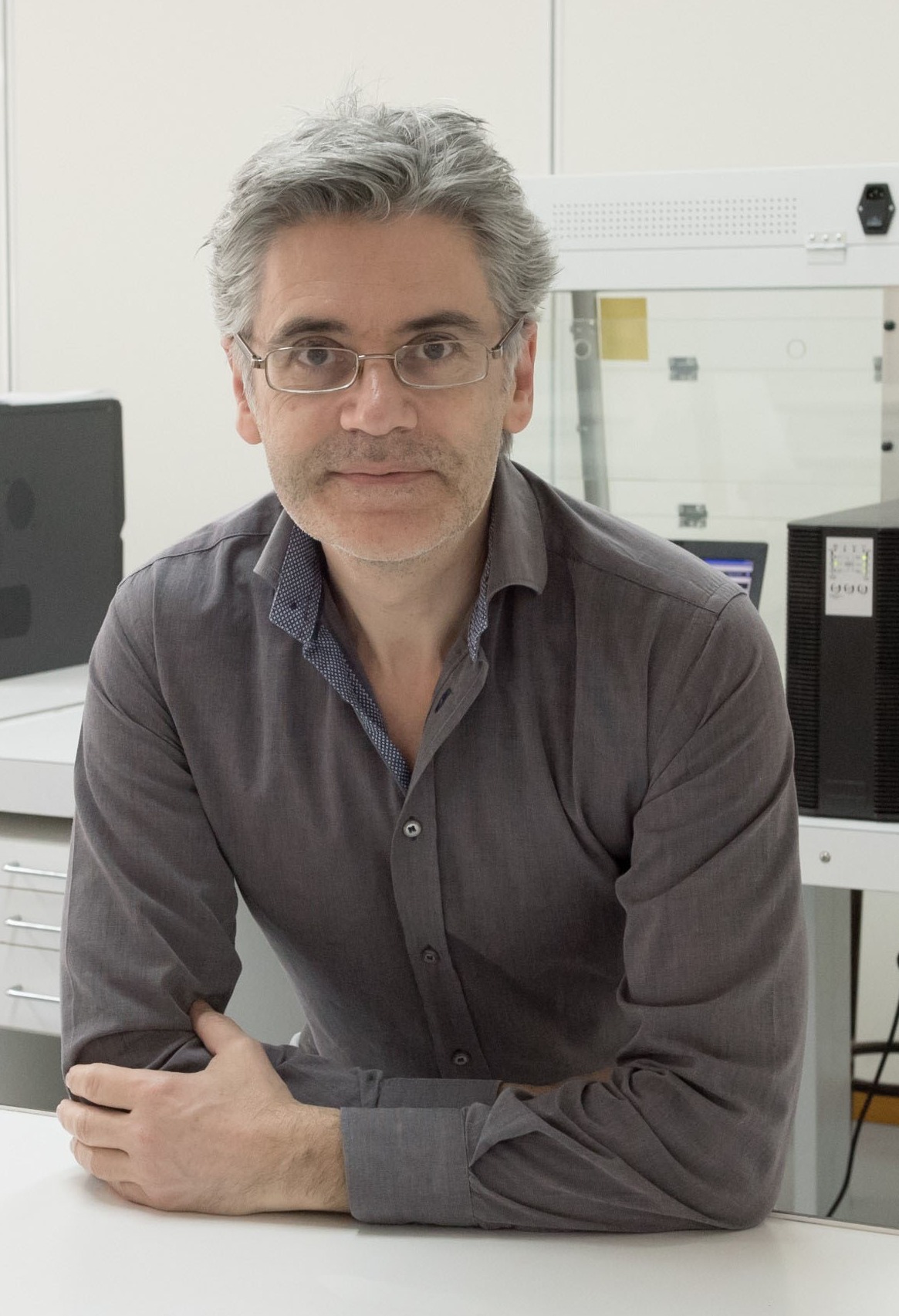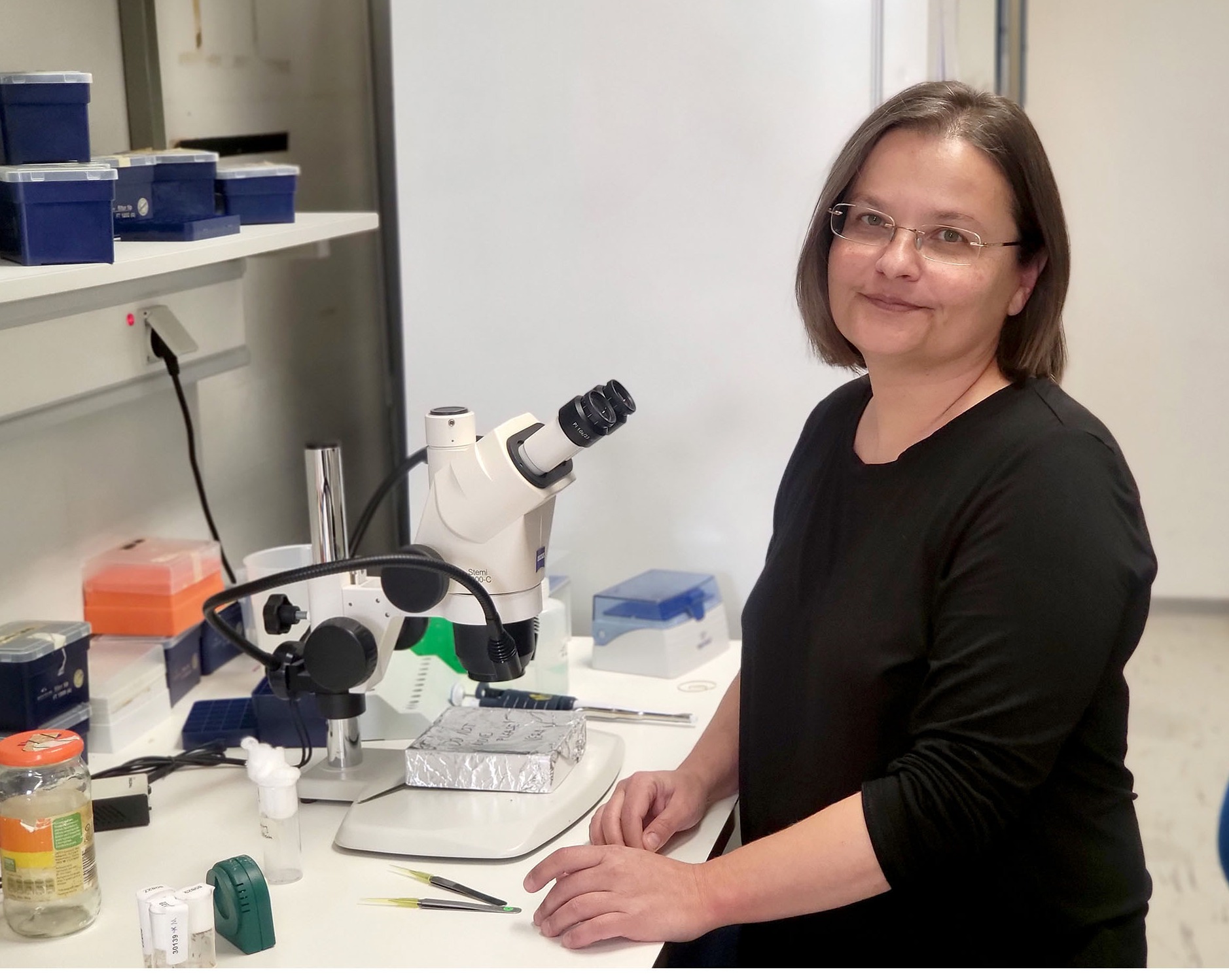All Science News

Greek researchers from FORTH, NKUA and Harvard University reveal a new mechanism that regulates intestinal stem cells
Adult stem cells have attracted great scientific interest because of their ability to self-renew and differentiate into other cell types. In an article published recently at the high-impact journal Nature Communications, researchers from the National Kapodistrian University of Athens (NKUA), the Institute of Molecular Biology and Biotechnology (IMBB) of the Foundation for Research and Technology-Hellas (FORTH), and Harvard University, led by Prof. Aristides Eliopoulos of NKUA and postdoctoral researcher Dr. Zoe Veneti of FORTH-IMBB, reveal a new mechanism that regulates the proliferation and differentiation of intestinal stem cells.
|
|
Dr. Zoe Veneti, postdoctoral researcher at FORTH-IMBB |
|
Prof. Christos Delidakis, research director at FORTH-IMBB |
Virginia Fassoulaki, PhD candidate, University of Crete and FORTH-IMBB |

Confocal microscopy images (wide shot and a close-up) of a drosophila posterior midgut, showing the different intestinal cell types (stem cells in green, differentiated enterocytes in blue and enteroendocrine cells in red).

Their research highlights the important role of epigenetic regulation of a micro-RNA during the differentiation process of intestinal stem cells into mature enterocytes. Epigenetic modifications affect gene expression without altering the DNA sequence. They can be influenced by environmental factors, lifestyle and aging and are often reversible. The researchers discovered that, during aging, epigenetic deregulation leads to malfunction of stem cells and disruption of the cellular integrity of the gut.
The researchers used genetic lineage-tracing methods to study the function of intestinal stem cells of Drosophila, an experimental model organism that continues to provide groundbreaking basic research. By mining gene expression databases, they also showed that these epigenetic mechanisms are evolutionarily conserved in humans. The results of the study could be used to develop targeted treatments for intestinal diseases or nutritional interventions to ameliorate intestinal dysfunction due to aging.
Team members of the study also include Christos Delidakis, professor at the University of Crete and research director at FORTH-IMBB, Virginia Fassoulaki, PhD candidate, University of Crete and FORTH-IMBB, and Harvard University researchers Nikolaos Kalavros and Ioannis Vlachos.
The study was funded by Fondation Santé, IKY-Siemens, Latsis Foundation, the Hellenic Foundation for Research and Innovation (HFRI) and the General Secretariat for Research and Innovation (GSRI).
Publication Link: https://rdcu.be/dz6Y9
Contact
Eliopoulos Medical school, NKUA, email: eliopag@med.uoa.gr
Zoe Veneti, IMBB, FORTH email: veneti@imbb.forth.gr












